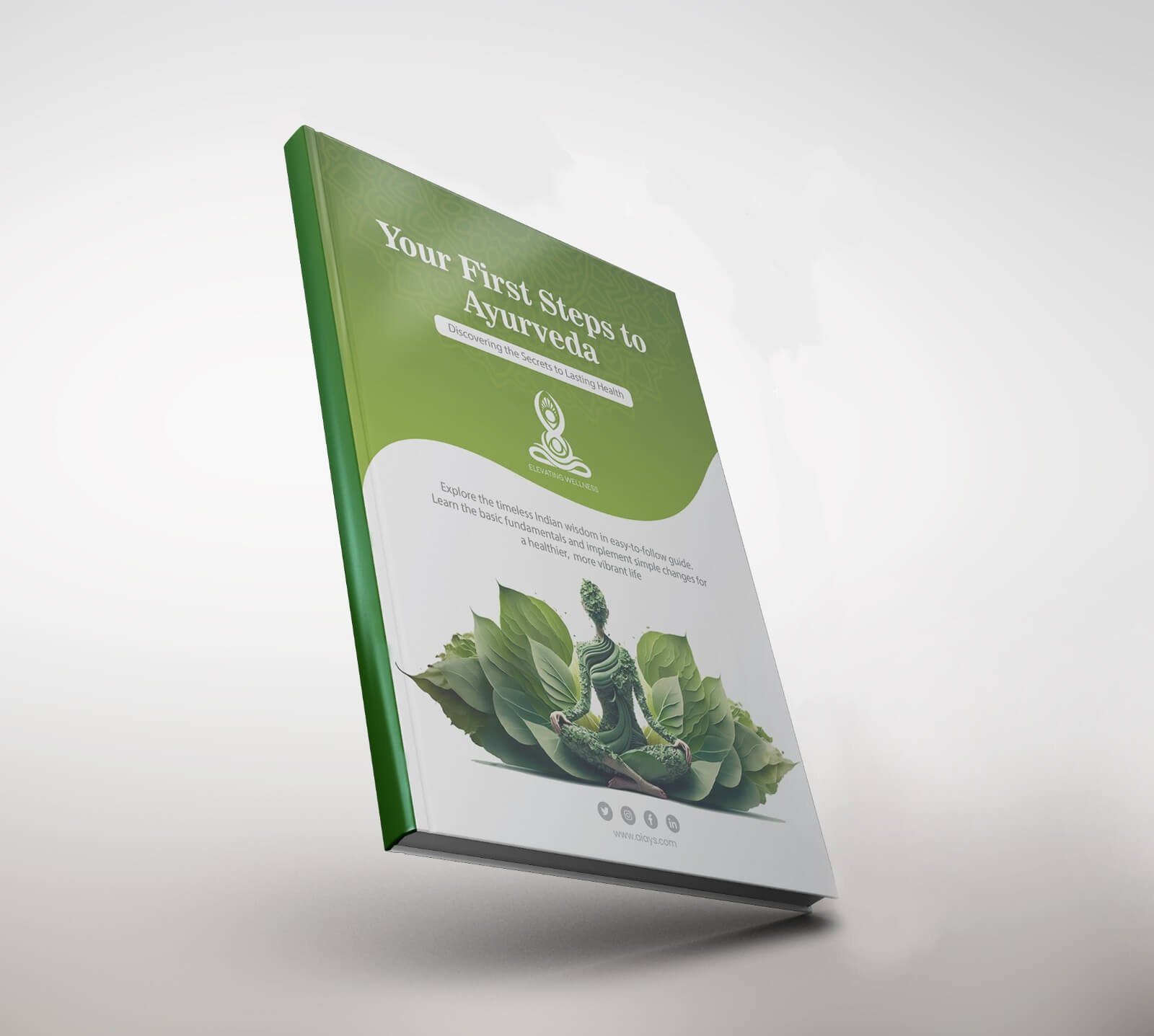Symptoms & Illnesses
Mind And Hormonal Health
Overview -Mind And Hormonal Health
Mind and Hormonal Health: Understanding the Interconnection
Mind and the hormone system,regulates various physiological functions and imbalances that affect multiple systems, including mental health. These disruptions lead to a wide range of symptoms and concerns, such as psychosomatic illnesses.
Here’s how mind and hormonal health are interconnected:
🌿 Stress and Hormonal Imbalances
Chronic stress, anxiety, or depression can disrupt the normal functioning of the endocrine system, leading to hormonal imbalances. For instance, stress triggers the release of cortisol, affecting reproductive hormones, thyroid function, and overall hormonal balance.
🌿 Feedback Loop
Hormonal imbalances can cause changes in mood, energy levels, and cognitive function, further contributing to stress and emotional disturbances. This creates a feedback loop where psychosomatic symptoms perpetuate hormonal vikaara and vice versa.
🌿 Physical Symptoms of Hormonal Imbalances
Hormonal imbalances result in symptoms such as irregular menstrual cycles, fatigue, digestive issues, and sleep disturbances. These symptoms overlap with psychosomatic illnesses, where mental and emotional factors play a role.
Disruptions in Hormone Balance and Their Effects
- Irregular Menstrual Cycles: Often attributed to imbalances in Vata and Pitta doshas. Vata governs movement and can cause cycle irregularities, while Pitta controls heat and metabolism, affecting the cycle’s duration and intensity.
- Mood Swings or Emotional Instability: Related to imbalances in all three doshas. Vata causes mood fluctuations, Pitta leads to irritability or anger, and Kapha imbalances manifest as depression or emotional inertia.
- Weight Fluctuations: Linked to Kapha and Vata imbalances. Excess Kapha leads to weight gain due to its slow, heavy nature, while excess Vata causes weight loss due to its light, mobile qualities.
- Fatigue or Low Energy Levels: Often associated with Kapha imbalances, leading to sluggishness and low energy. Vata imbalances also contribute to restlessness and depleted energy.
- Changes in Libido or Sexual Function: Influenced by Pitta and Vata doshas. Pitta governs passion and can heighten libido when balanced, but imbalances cause fluctuations. Vata imbalances lead to sexual dysfunction or changes in desire.
- Skin Problems: Pitta imbalances cause skin issues such as acne due to heat and inflammation. Dryness is linked to Vata imbalances due to its drying, rough nature.
- Hair Loss or Excessive Hair Growth: Hair loss associates with Vata and Pitta imbalances. Vata causes hair thinning and loss due to its dry nature, while Pitta leads to premature graying and thinning. Excessive hair growth is linked to hormonal imbalances influenced by Pitta.
- Sleep Disturbances: Vata imbalances cause restlessness and insomnia, while Pitta leads to disrupted sleep patterns due to excess heat and activity.
- Digestive Issues: Caused by imbalances in Pitta and Vata. Pitta governs digestion and, when imbalanced, leads to acidity or inflammation. Vata imbalances result in gas, bloating, and constipation.
- Difficulty Concentrating or Memory Problems: Cognitive issues often associate with imbalances in Vata and Kapha doshas. Excess Vata causes restlessness and distractibility, while excess Kapha leads to mental fog and sluggishness.
Ayurvedic Treatments for Hormonal and Psychosomatic Issues
Ayurveda offers holistic treatment options for both hormonal vikaara and psychosomatic illnesses by addressing the root causes:
- Balancing the Doshas: Restoring the balance of the three doshas (Vata, Pitta, Kapha) regulates hormonal function and manages stress.
- Stress Management: Practices like yoga, meditation, and breathwork calm the mind and alleviate hormonal imbalances linked to psychosomatic illness.
- Herbal Remedies: Herbs such as ashwagandha, shatavari, and brahmi support mental and physical health by balancing hormones and reducing stress.
- Diet and Nutrition: Tailoring diet to one’s dosha helps maintain hormonal balance and improves overall well-being.
- Detoxification: Panchakarma and other detoxification methods remove toxins contributing to hormonal vikaara and psychosomatic illness.
Recommendations for Addressing Hormonal and Mind Issues in Ayurveda
- Diet and Nutrition: Follow a balanced diet that includes whole, nutrient-rich foods to support hormonal balance. Ayurvedic dietary principles emphasize eating according to one’s dosha and incorporating nourishing herbs and spices.
- Lifestyle Modifications: Manage stress through practices like yoga, meditation, and breathwork, get regular exercise, and maintain healthy sleep habits to support overall hormonal health.
- Herbal Remedies: Use Ayurvedic herbs like ashwagandha, shatavari, guduchi, and licorice root known for their hormone-balancing properties to support the endocrine system.
- Detoxification: Engage in Ayurvedic detoxification therapies such as Panchakarma to remove toxins from the body and support proper hormonal system functioning.
For further insight and personalised guidance, we encourage you to arrange an appointment with our esteemed specialist. Click on the link provided below to schedule a consultation with our expert.
Our Specialists

Dr. Supriya Kurane
BAMS, M.S. Surgery



